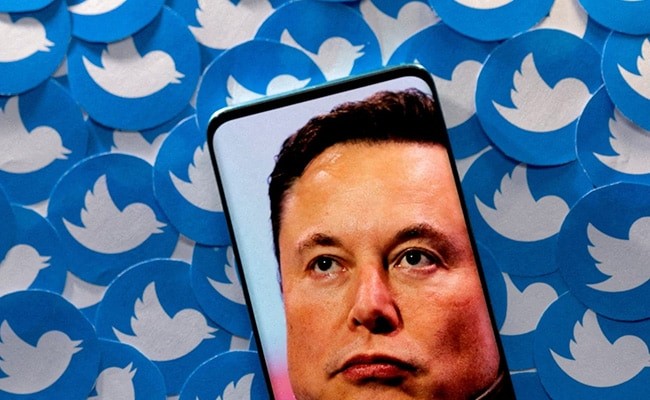| Translate This News In |
|---|
Elon Musk expanded on his list of justifications for wanting to cancel his $44 billion plan to acquire the social media site on Friday. He cited a severance payment made by Twitter to a whistleblower.
According to a copy of the letter filed with the Securities and Exchange Commission, a termination letter sent to Twitter accused the company of failing to inform him about a multi-million dollar severance payment made in June to departing security chief Peiter Zatko, who went on to file a whistleblower complaint criticising Twitter’s security practises.
Musk’s lawyers argued that failing to obtain his approval before paying Zatko provides another legal basis for breaking the merger agreement he signed with Twitter in April.
Twitter was not convinced.
According to Twitter attorney William Savitt, “my buddy appears to be contending that Twitter should have gratuitously informed Musk that there existed a disgruntled former employee who made several charges that were looked into and found to be unfounded.”
“That makes no sense.”
On Friday, Twitter did not respond to a comment request.
Musk, the world’s richest man, stated in his original termination letter that he was cancelling the deal because Twitter misled him about the number of bot accounts on its platform, which the company denied.
In a mixed ruling earlier this week, Kathaleen McCormick, the chancellor of the Delaware court overseeing the case, said Musk could include Zatko whistleblowing revelations that surfaced in August.
However, she denied his request to delay the litigation, stating that doing so “would risk further harm to Twitter that would be too great to justify.”
Musk has been embroiled in a bitter legal battle with Twitter since announcing in July that he was cancelling the purchase of the company after a complex, volatile, months-long courtship.
The five-day trial in Delaware is set to begin on October 17.


















